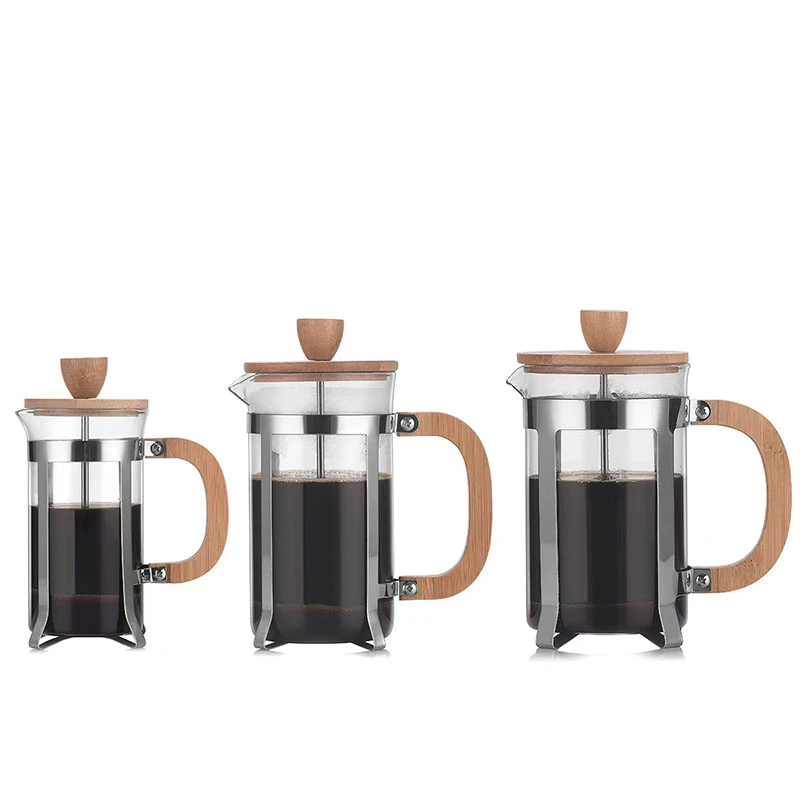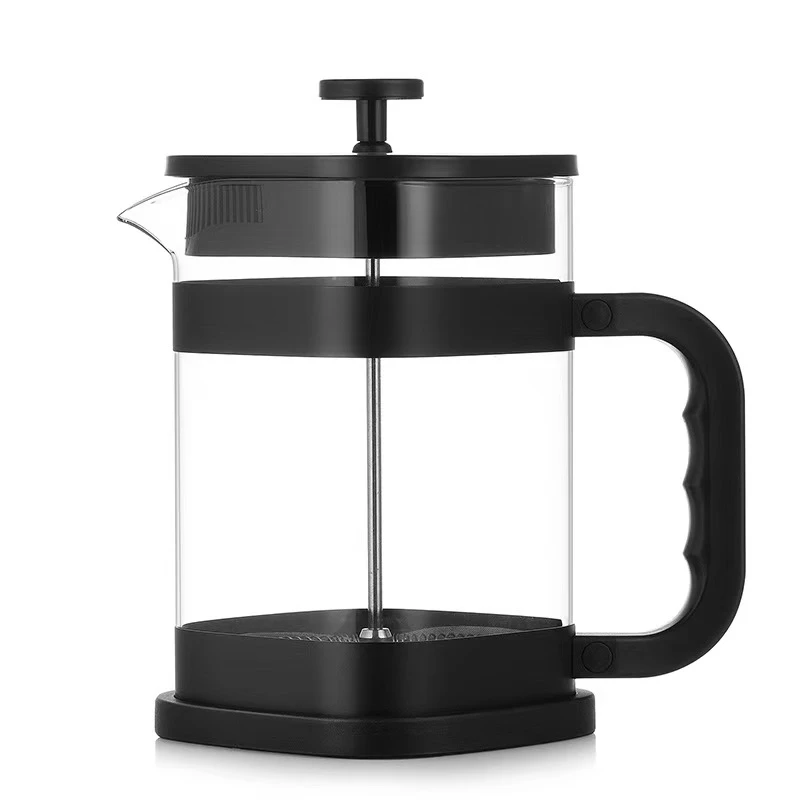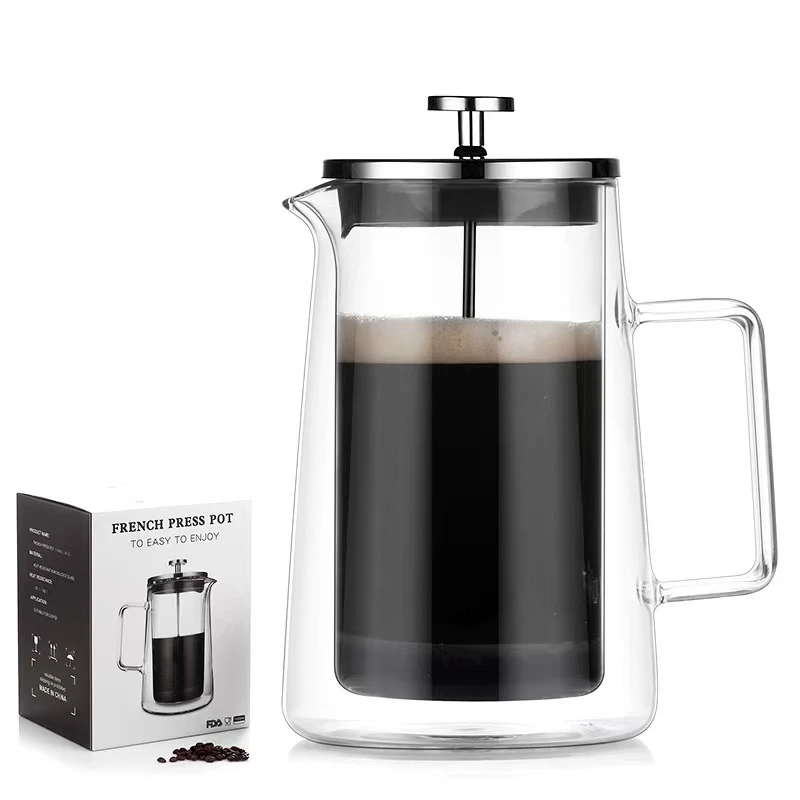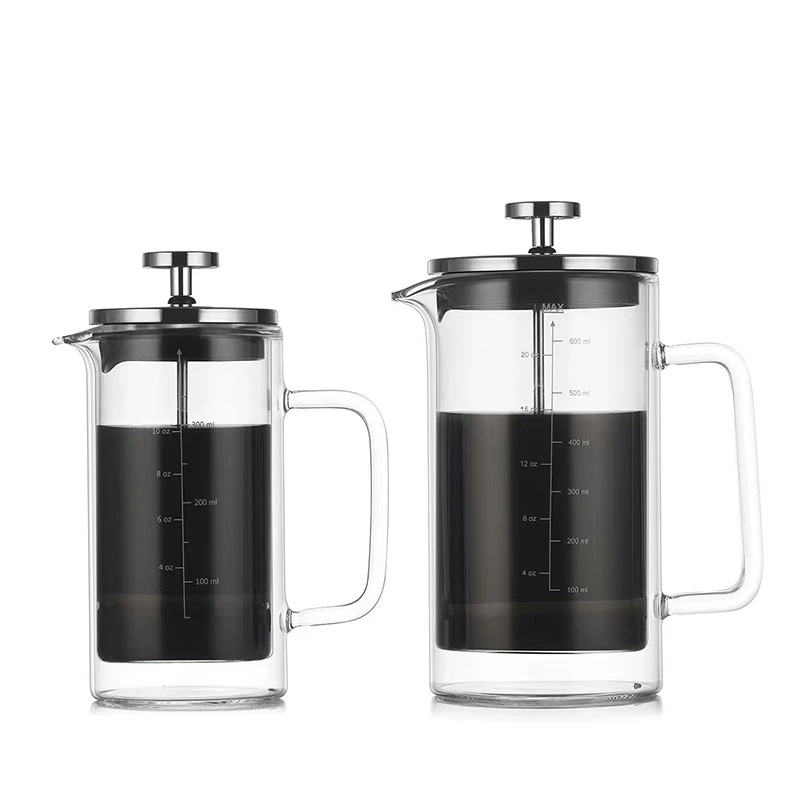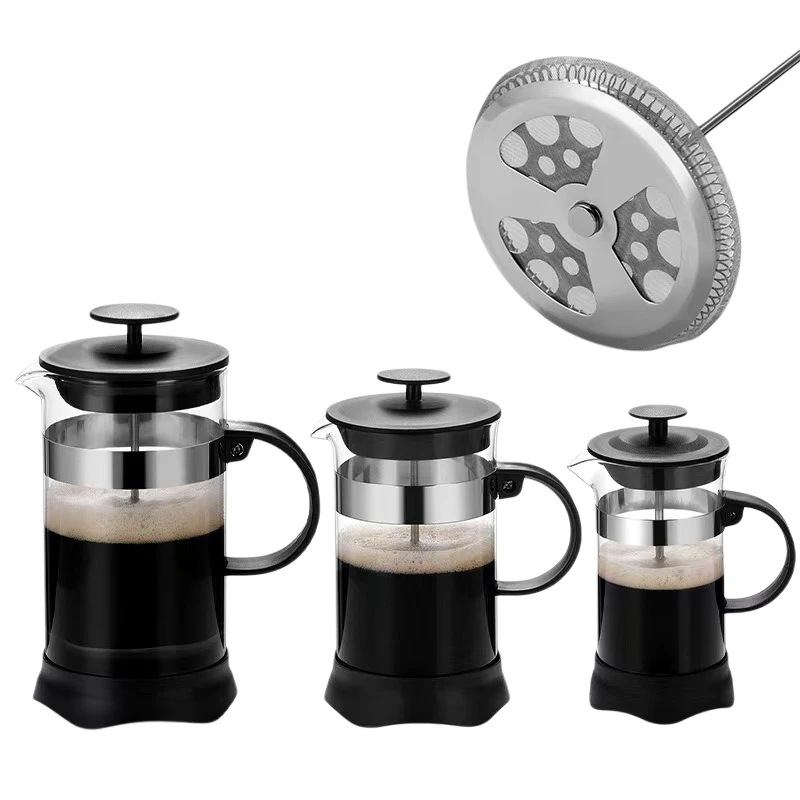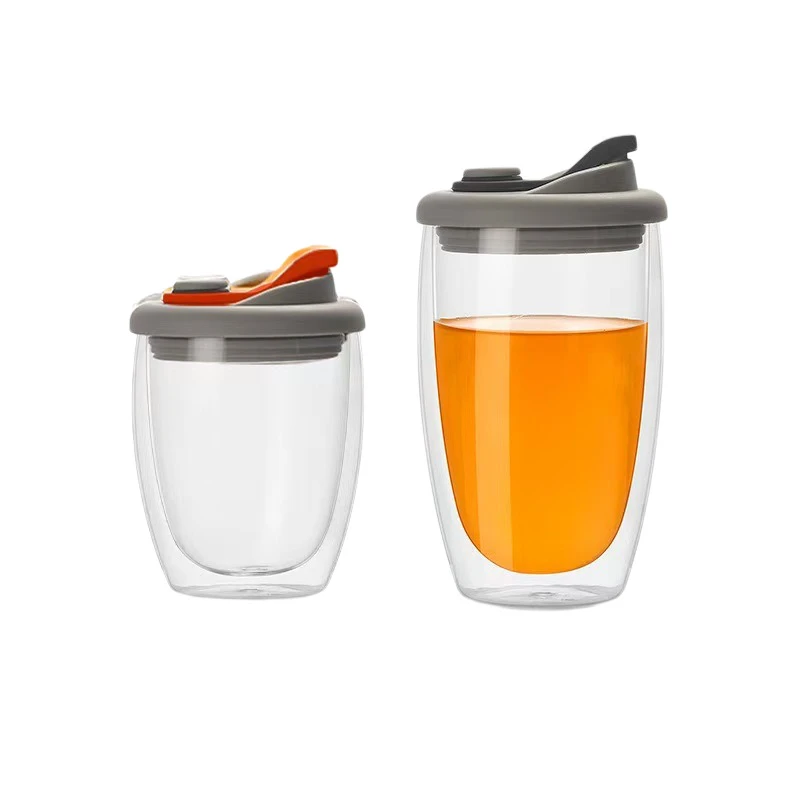 TEL: +86 311 67799298
TEL: +86 311 67799298 Email: tina@yintoglassware.com
Email: tina@yintoglassware.com
Is Tempered Glass Safe for Food Use in Culinary Applications and Storage?
Is Tempered Glass Safe for Food?
When it comes to kitchenware and dining implements, safety and durability are paramount. One material that has gained popularity in recent years is tempered glass. Often used for baking dishes, storage containers, and even dinnerware, tempered glass offers a robust alternative to traditional glass. But a common question among consumers is Is tempered glass safe for food? Let's delve into this topic to better understand its safety, benefits, and potential concerns.
What is Tempered Glass?
Tempered glass, also known as toughened glass, is created through a process that involves heating the glass to high temperatures and then rapidly cooling it. This process increases its strength compared to regular glass, making it more resistant to impact, thermal shock, and breakage. Given these attributes, tempered glass is often used in various applications, including car windows, shower doors, glass doors and tables, as well as kitchen utensils.
Safety of Tempered Glass for Food
From a safety perspective, tempered glass is generally considered safe for food applications. Unlike plastic containers, which can sometimes leach chemicals when heated, tempered glass does not release harmful substances. This makes it an excellent choice for those looking to minimize their exposure to potential toxins.
In the context of food safety, tempered glass is non-porous, which means it does not harbor bacteria or odors. This feature is particularly beneficial for maintaining hygiene in the kitchen. Additionally, tempered glass is dishwasher safe, making it easy to clean and maintain.
Heat Resistance
tempered glass safe for food
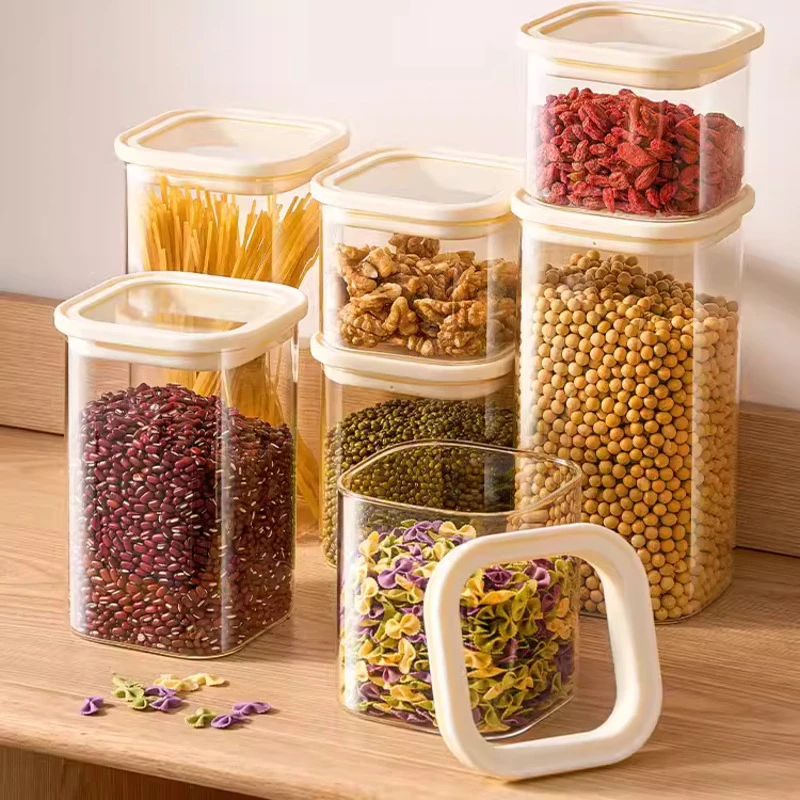
One of the most significant advantages of tempered glass is its heat resistance. It can withstand temperature changes without breaking, which is crucial when handling hot food items. For instance, you can safely transfer a hot dish from the oven to the table without worrying about shattering the container. This thermal stability makes it a popular choice for bakeware and food storage solutions.
Potential Concerns
While tempered glass is largely safe for food usage, there are some considerations to keep in mind. First, it's essential to ensure that the tempered glass products you purchase are labeled as food-safe. Some tempered glass items may be designed for other uses and not tested for food safety.
Another potential concern is the availability of coatings or finishes on certain tempered glass items. Some cookware may have non-stick coatings that, while not necessarily unsafe, have retention of specific chemicals that could be harmful under high heat. Always check product descriptions and specifications for details on coatings.
Lastly, although tempered glass is more durable than regular glass, it can still break under extreme conditions. If a product is dropped or subjected to excessive force, it may shatter into small pieces, which is safer than regular glass that can break into sharp shards. It’s important to handle tempered glass with care to avoid accidents.
Conclusion
In conclusion, tempered glass is a versatile and safe option for food-related applications. Its durability, non-toxic nature, and ease of cleaning make it an attractive choice for modern kitchens. As with any kitchenware, it’s essential to select products specifically designed for food use and to follow proper care guidelines for longevity. Overall, incorporating tempered glass into your kitchen can enhance both safety and functionality, allowing you to enjoy your culinary adventures with peace of mind.
-
Benefits of Vacuum Containers with Pumps for Food PreservationNewsJun.12,2025
-
Glass Food Storage Container with Lid for Seal PreservationNewsJun.12,2025
-
Styling Amber Glass Plates for Modern TablescapesNewsJun.12,2025
-
Benefits of Double Wall Coffee Cups for Heat RetentionNewsJun.12,2025
-
Colored Glass Bowls in Cultural TraditionsNewsJun.12,2025
-
Durability of Colored Glass Dinnerware Compared to CeramicNewsJun.12,2025



